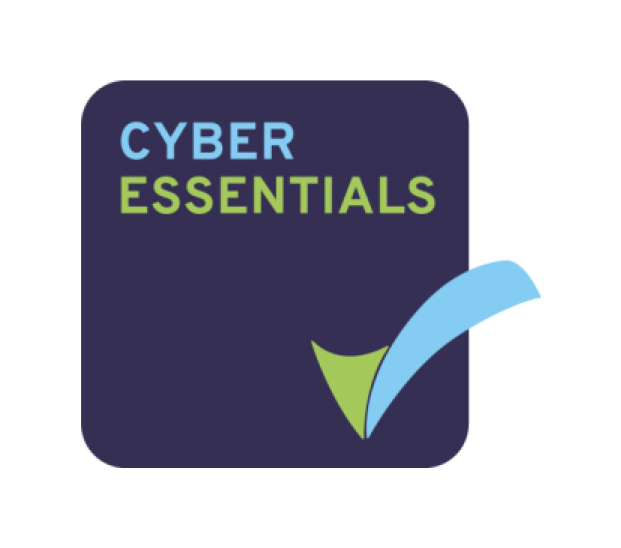
Tax compliance is no longer a matter of submitting quarterly or annual returns.
Around the world, governments are moving toward real-time oversight through Continuous Transaction Controls (CTC) and mandatory e-invoicing. For executives leading finance functions on NetSuite, this represents a major shift in how tax is reported, monitored, and enforced.
Why regulators are adopting CTC
The move toward CTC is driven by one clear objective: closing tax gaps. Traditional tax reporting allows for delays, manual errors, and even fraud. By requiring invoices and transaction data to be submitted at the time of issue, governments can monitor compliance continuously and reduce lost revenue.
This is not a distant trend. It is already reshaping compliance requirements across the globe:
- Latin America pioneered mandatory e-invoicing and CTC adoption, setting the standard for real-time compliance models.
- Europe has followed, with Italy, France, and Poland introducing CTC requirements and other countries preparing similar frameworks.
- Asia is moving quickly, with India and China among the leaders in enforcing real-time invoice validation.
- North America is also exploring these models, signaling that businesses operating internationally cannot ignore the shift.
For leaders, this is not simply about avoiding penalties. It is about preparing their organizations for a future where digital tax compliance is the norm, not the exception.
What this means for NetSuite users
For businesses running on NetSuite, compliance requires more than a patchwork of spreadsheets or manual uploads. Meeting CTC and e-invoicing obligations at scale depends on connecting ERP systems directly with tax authorities and e-invoicing networks.
NetSuite provides the building blocks for this through SuiteTax and certified e-invoicing integrations. These tools allow organizations to:
- Validate invoices before submission, preventing costly rejections.
- Apply jurisdiction-specific tax rules automatically.
- Connect ERP data directly to government platforms in multiple regions.
- Maintain audit trails that satisfy regulatory requirements without adding extra work for staff.
However, configuring these systems effectively takes expertise. Many organizations turn to NetSuite professionals with compliance experience to ensure that the technology is deployed in a way that matches both local regulations and internal governance standards.
The risks of falling behind
The consequences of ignoring or delaying CTC compliance go far beyond regulatory penalties. Leaders who fail to modernize risk operational disruption, strained relationships, and reputational damage.
When compliance is handled manually or left to outdated systems, businesses may face:
- Penalties and fines for late or rejected invoices.
- Cash flow disruption as revenue collection is delayed.
- Damaged trust with suppliers and customers who expect smooth, compliant transactions.
- Overstretched teams spending time on manual workarounds instead of strategic activities.
By contrast, executives who modernize gain a more reliable compliance process, reduce their exposure to risk, and free finance staff to focus on higher-value work.
Steps finance leaders should take
Preparing for global compliance demands a proactive approach. Leaders should treat CTC not as an isolated project but as part of a wider finance modernization agenda. Practical steps include:
- Mapping current and upcoming requirements in every region where the business operates. Regulations differ widely, so visibility is key.
- Assessing current NetSuite configurations to ensure SuiteTax and integrations can handle local requirements.
- Establishing governance frameworks to monitor compliance continuously rather than on an ad hoc basis.
- Investing in team training so finance staff understand how real-time processes differ from traditional batch reporting.
For many companies, this also means finding external expertise. Working with specialists in NetSuite SuiteTax and e-invoicing helps ensure that compliance systems are implemented quickly and scaled confidently.
Why it matters for finance teams
The shift to continuous compliance does not just affect executives, it changes the daily work of finance professionals. Instead of preparing periodic reports, teams need to oversee real-time validation, manage integrations, and ensure governance is maintained. This new model requires different skills and a more strategic focus.
According to the NetSuite Careers and Hiring Guide, 54% of organizations report that the NetSuite skills gap is significantly affecting their ability to meet strategic objectives. As CTC adoption accelerates, finding professionals with both technical and compliance expertise will become even more critical.
The bigger picture
Continuous transaction controls are not just a compliance requirement. They are shaping the future of how governments, businesses, and finance teams interact. For leaders, the opportunity lies in building systems that go beyond keeping regulators satisfied. Real-time compliance can also deliver better visibility into transactions, more accurate forecasting, and a more resilient finance function.



